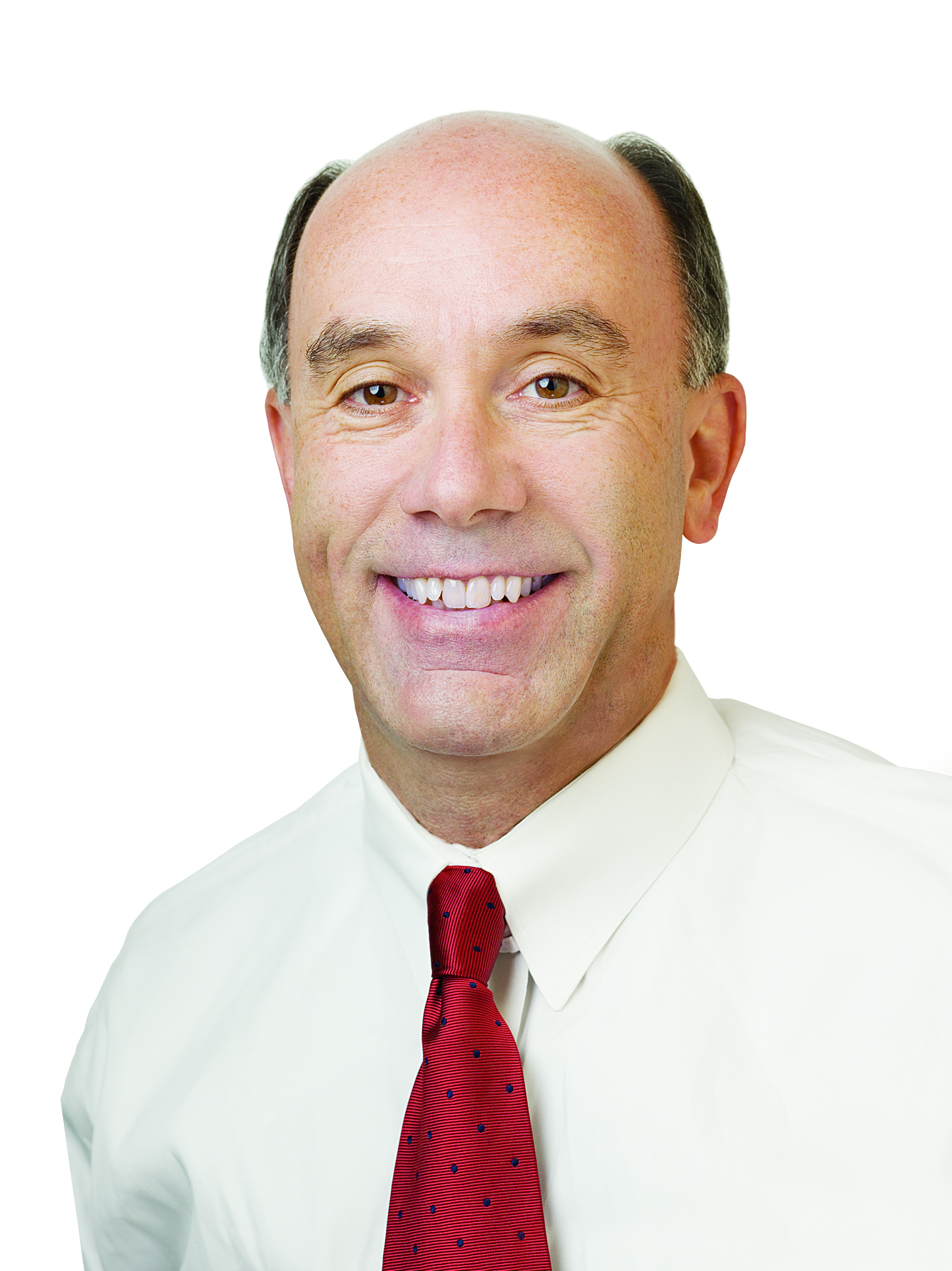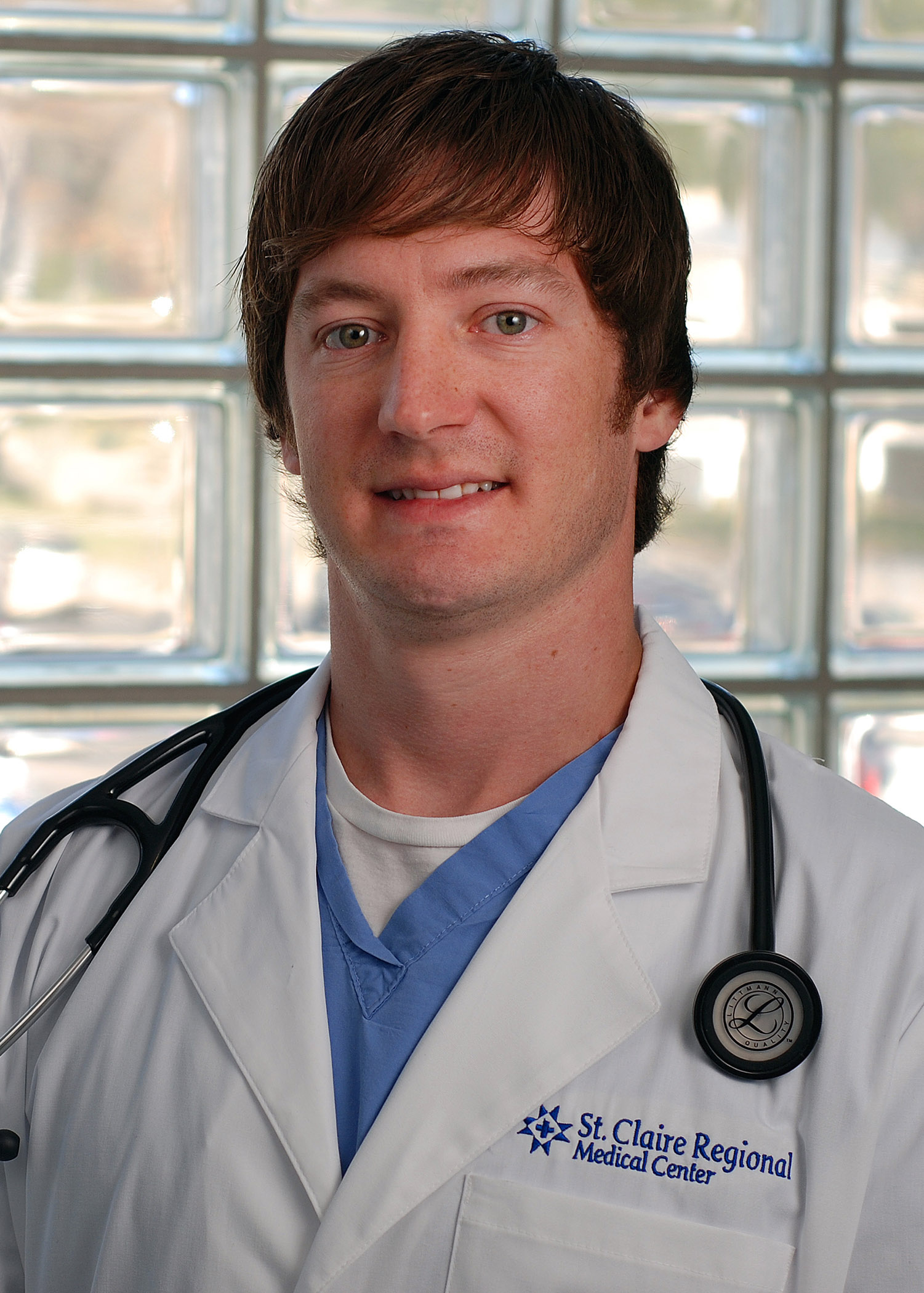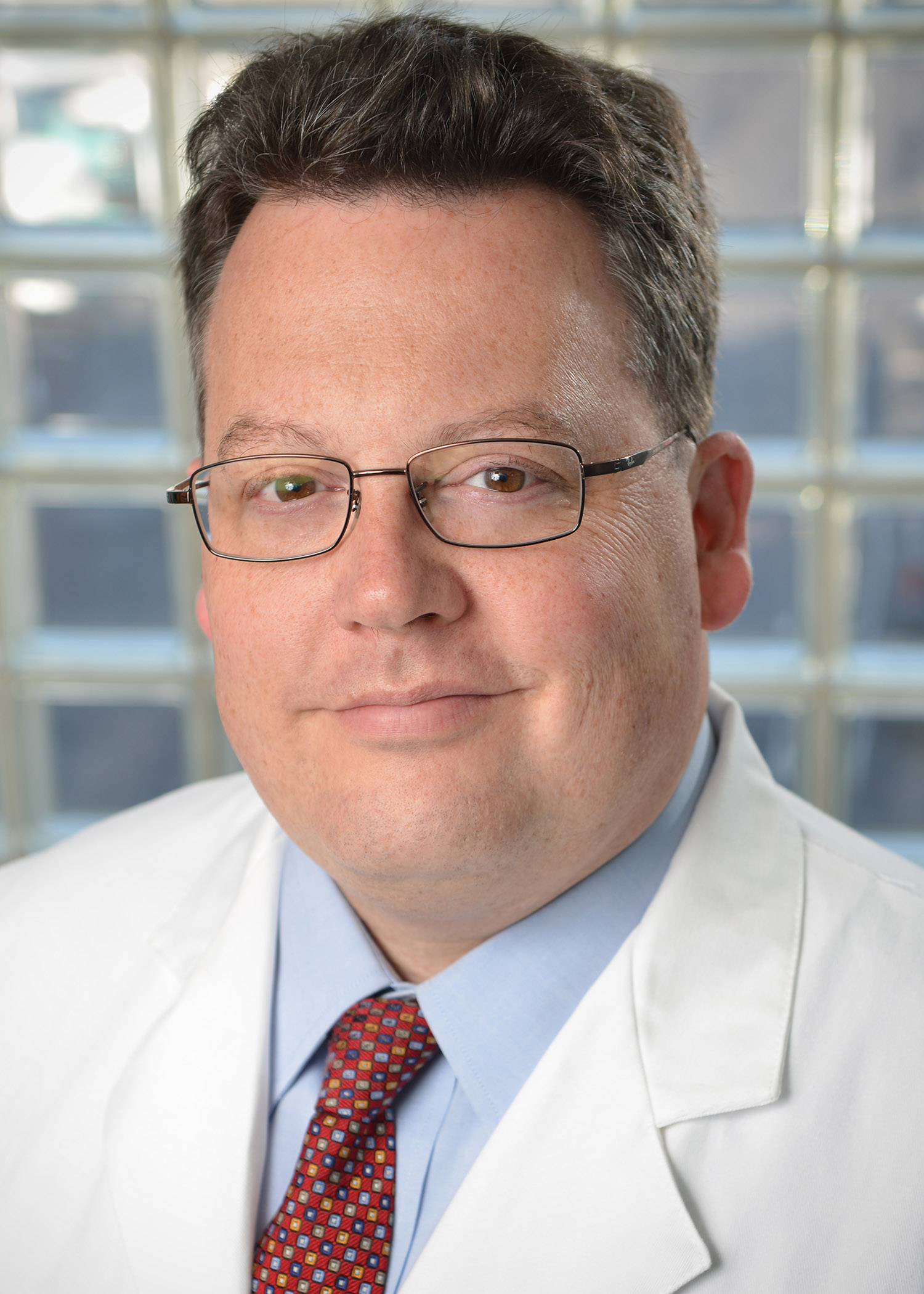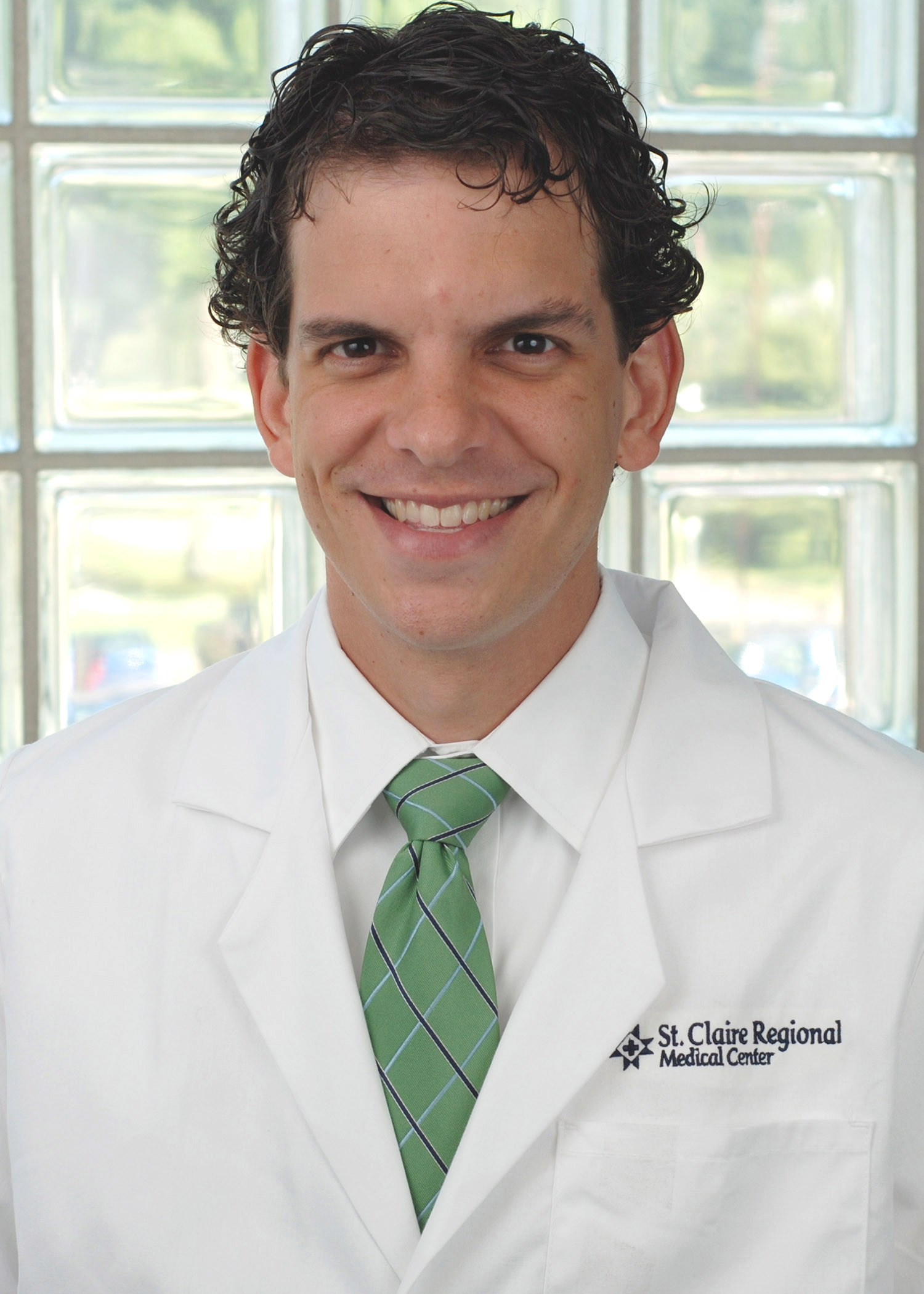ACHE Sessions
Wednesday, May 8
2:00 - 5:00 PM
Thoroughbred Room 1
 Exceptional Leadership (Behavior Smarts) Exceptional Leadership (Behavior Smarts)
Michael E. Frisna, PhD
For most of us, identifying an exceptional leader is related to the person we would call our “ideal boss” – this is the person all of us would truly desire to have as our boss. The answer to “What makes this person such an exceptional leader?” is simple: behavior. Individual leadership behavior is the single most important predictor to team and organizational performance. Leader behavior has a direct impact on the performance capacity of team members. Exceptional leaders know how to behave in ways that maximize the cognitive and emotional capacities of the brains of their team members. By doing so, they are actually leading the brains of their team members to higher levels of performance, and exceptional leaders are all about producing higher levels of organizational performance.
In this workshop, participants will:
- identify the key link between leadership effectiveness and business performance
- distinguish among the four fundamental behavior patterns that drive performance
- learn the key elements of an integrated performance management system to maximize individual and team performance
Thursday, May 9
9:00 AM - 12:00 PM
Thoroughbred Room 1
The Courage to Lead (Leading for Success)
Michael E. Frisna, PhD
Leadership matters for successful outcomes in all organizations regardless of the purpose for why an organization exits. This reality is no more relevant than in the performance effectiveness of health care organizations. Health care leaders shoulder the responsibility for improving the quality of life for people by providing a high degree of safety, quality and patient experience while caring for the well-being of those in the healing professions. The management complexity of health care systems requires leaders who can function in conditions that challenge a high level of human cognitive and emotional capacity. Consequently, courage becomes a key behavior dynamic for anyone seeking to rise to the highest levels of health care leadership and responsibility.
In this workshop, participants will:
- identify a practical conceptual understanding of courage and how it applies to individual performance
- learn to distinguish how courage can be manifested from the four primary behavior patterns
- develop an understanding of how mental models create or inhibit the courage capacity within leaders
3:30 - 5:00 PM
Thoroughbred Room 2
It's All About Vision: The Role Vision Plays in Your 340B Strategic Planning Process
(1.5 hours)
Moderator:Chris Giese, MBA, FACHE
Vice President Affiliate Solutions
SUNRx
Panelists: Jason Collins, PharmD
Interim Director of Pharmacy
Owensboro Health
Vylinda Howard, PharmD
Director of Pharmacy Services
Highlands Regional Medical Center
and
Riggs Lewis, JD
System Vice President of Health Policy
Norton Healthcare
Prior to the advent of the Affordable Care Act, the majority of health care leaders had the luxury of a virtually unchanging vision for their organization. Their visions were typically hospital-based, simple and clearly understood by all in the organization. This session will discuss the role vision plays in your 340B program.
In this session, attendees will:
- discuss the difficulties in developing a longer-term vision for 340B in health care
- comprehend the benefits of vision in strategic planning 340B
- provide examples of where organizational efficiency and effectiveness of 340B is being lost due to lack of clear vision
Friday, May 10
9:30 - 11:00 AM
Thoroughbred Room 1
The Value of Developing and Implementing Patient-Centered Care Models to Reduce Opioid Usage
Moderator: Terry McWilliams, MD
Director & Chief Clinical Consultant
HSG
| Panelists: |
 Phillip Overall, MD Phillip Overall, MD
Medical Director of Emergency Services
St. Claire Regional Medical Center |
|
 William Melahn, MD William Melahn, MD
Chief Medical Officer
St. Claire Regional Medical Center |
 Jacob Perry, MD Jacob Perry, MD
General Surgeon
St. Claire Regional Medical Center |
|
 John Sanders, MD John Sanders, MD
Medical Director of Hospice and Palliative Care
St. Claire Regional Medical Center |
Developing new delivery models that embrace alternative payment models goes beyond simply supplying patients with information at time of discharge. It includes a commitment to patient-centered care, providing clear and useful information to patients, helping patients establish goals and plans to live a healthier life, creating a team of clinicians and administrative staff with clearly understood roles and responsibilities and using office systems to support follow-up and tracking of patients. Learning how to incorporate these new models into a health system can support patients in building the skills and confidence they need to lead healthier lives.
In this session, attendees will:
- learn approaches to developing alternative care models
- understand the impact on the management of chronic care related to opioid use
- identify barriers to developing alternative care models related to opioid use
|
 Phillip Overall, MD
Phillip Overall, MD William Melahn, MD
William Melahn, MD Jacob Perry, MD
Jacob Perry, MD John Sanders, MD
John Sanders, MD
 Exceptional Leadership (Behavior Smarts)
Exceptional Leadership (Behavior Smarts)